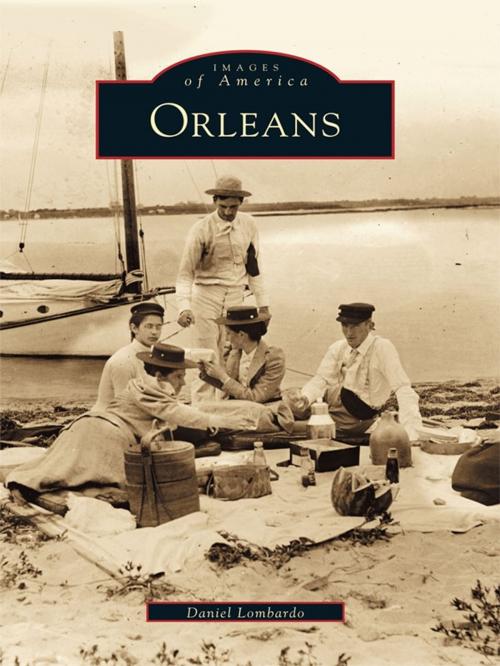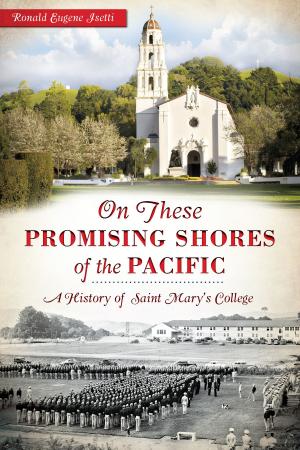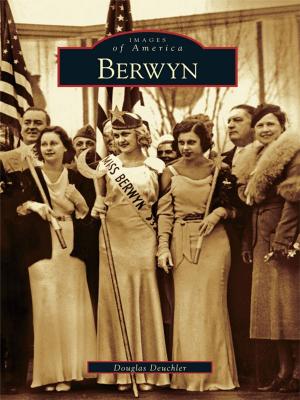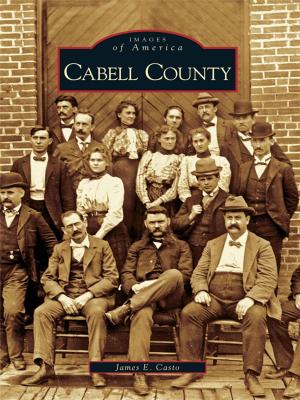| Author: | Daniel Lombardo | ISBN: | 9781439628089 |
| Publisher: | Arcadia Publishing Inc. | Publication: | June 6, 2001 |
| Imprint: | Arcadia Publishing | Language: | English |
| Author: | Daniel Lombardo |
| ISBN: | 9781439628089 |
| Publisher: | Arcadia Publishing Inc. |
| Publication: | June 6, 2001 |
| Imprint: | Arcadia Publishing |
| Language: | English |
Orleans, at the crook of Cape Cod's elbow, is a place of extraordinary beauty and unforgettable people. From the first known Cape Cod shipwreck, the Sparrowhawk in 1626, to the last Cape Cod wreck of a sailing ship, the Montclair in 1927, the town is bursting with tales to be told. There are the quiet stories of windmills, quahog fishermen, and cranberry harvesters set against the hanging of pirates, the threat of sea serpents, and attacks on Orleans by foreign countries. People flock to Rock Harbor on the west to watch the fishing boats go out or to watch the sun go down. Town Cove, with its windmill and inn, is on the north. To the east and south, Orleans opens up to the great Atlantic. The long spit of Nauset Beach is battered by the sea, as it protects Pleasant Bay and Pochet, Sampson, and Hog islands. With vivid photographs, Orleans brings to life the era of sailors such as Captain Linnell, who was as familiar with Calcutta and Hong Kong as he was with Rock Harbor; the time that Henry David Thoreau stayed at Higgins Tavern and met two young Italian organ grinders; and the day of the bombing of Orleans, when the Ainsleigh boy threatened a German submarine with his .22-caliber rifle.
Orleans, at the crook of Cape Cod's elbow, is a place of extraordinary beauty and unforgettable people. From the first known Cape Cod shipwreck, the Sparrowhawk in 1626, to the last Cape Cod wreck of a sailing ship, the Montclair in 1927, the town is bursting with tales to be told. There are the quiet stories of windmills, quahog fishermen, and cranberry harvesters set against the hanging of pirates, the threat of sea serpents, and attacks on Orleans by foreign countries. People flock to Rock Harbor on the west to watch the fishing boats go out or to watch the sun go down. Town Cove, with its windmill and inn, is on the north. To the east and south, Orleans opens up to the great Atlantic. The long spit of Nauset Beach is battered by the sea, as it protects Pleasant Bay and Pochet, Sampson, and Hog islands. With vivid photographs, Orleans brings to life the era of sailors such as Captain Linnell, who was as familiar with Calcutta and Hong Kong as he was with Rock Harbor; the time that Henry David Thoreau stayed at Higgins Tavern and met two young Italian organ grinders; and the day of the bombing of Orleans, when the Ainsleigh boy threatened a German submarine with his .22-caliber rifle.















